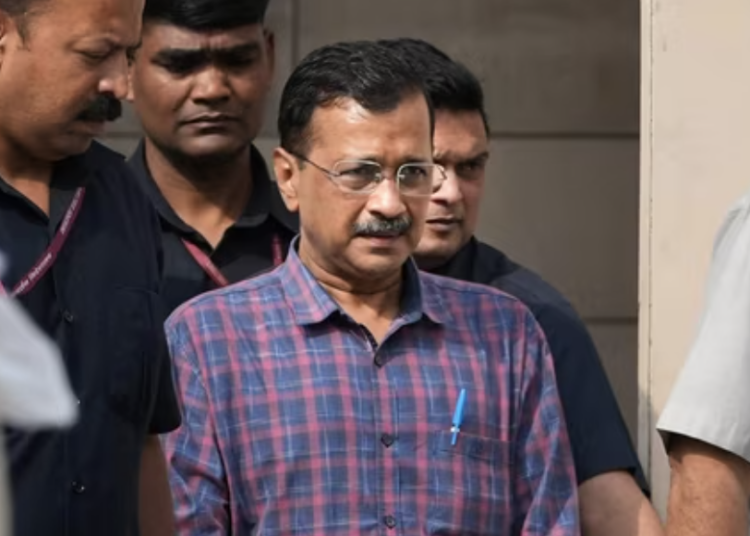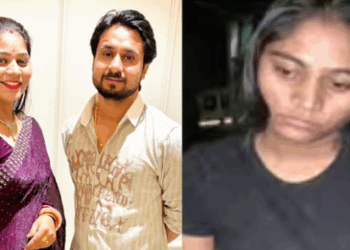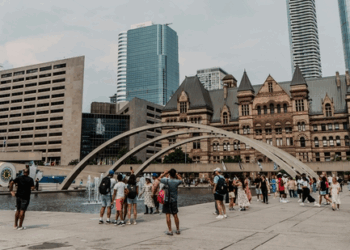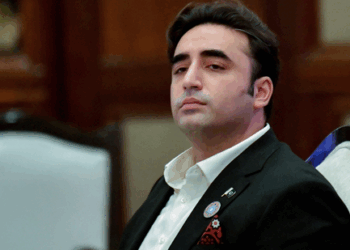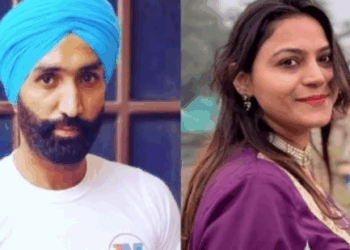The Delhi High Court has stayed the trial court’s order granting bail to Chief Minister Arvind Kejriwal, directing a reevaluation of the decision amidst serious allegations against him. The decision came in response to an urgent plea from the prosecution, highlighting the severity of the charges levied against the prominent political figure.
Arvind Kejriwal, the incumbent Chief Minister of Delhi and a prominent leader of the Aam Aadmi Party (AAP), was granted bail by a lower court earlier this week in connection with a case involving alleged defamation. The bail was initially sanctioned on grounds of Kejriwal’s health concerns and his cooperation with the investigation.
However, the prosecution, arguing on behalf of the complainant, appealed against this decision, stressing the gravity of the accusations and the potential repercussions of allowing bail. The High Court, after considering the appeal, decided to intervene, suspending the bail granted by the trial court and ordering a review of the case.
“The allegations against Arvind Kejriwal are substantial and require thorough scrutiny,” remarked Justice Anjali Sharma during the proceedings. The court’s decision to stay the bail was motivated by concerns over the possible influence Kejriwal could exert on the ongoing investigation if released prematurely.
The case against Kejriwal stems from a defamation suit filed by a political rival, alleging slanderous remarks made during a public rally. The nature of the allegations and their implications on Kejriwal’s political career have drawn significant public and media attention.
As of now, the Delhi High Court has directed the trial court to reexamine its decision in light of the new developments and present its findings at the earliest opportunity. The court’s decision to intervene has sparked debate across political circles, with reactions pouring in from both supporters and critics of the Chief Minister.
The next steps in this legal saga are eagerly anticipated, as the judicial system navigates the complexities of balancing individual rights with the demands of justice in a high-profile case.




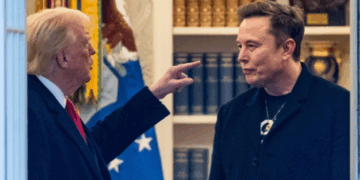

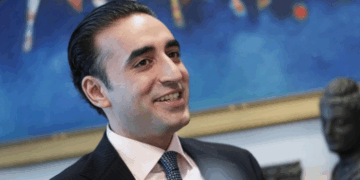

 India
India
